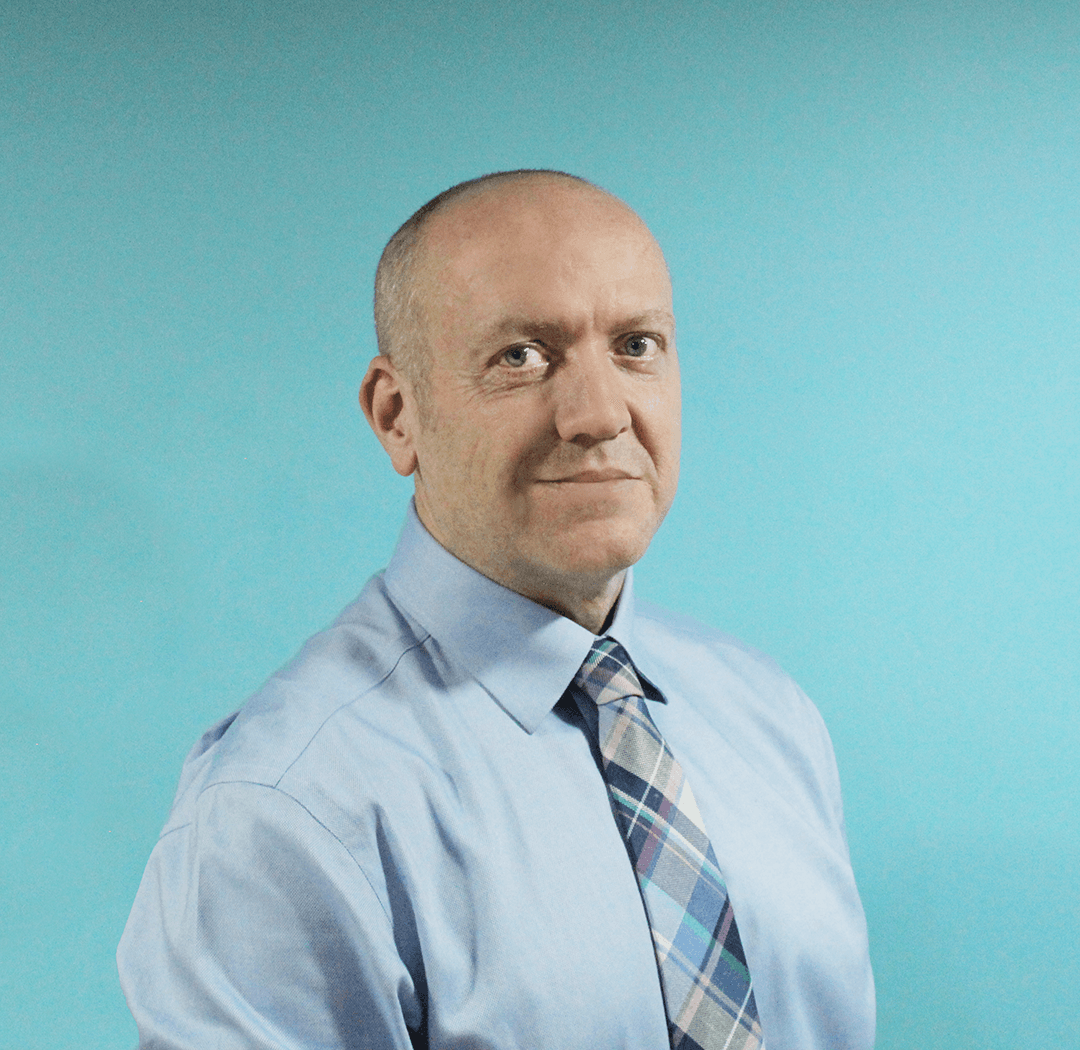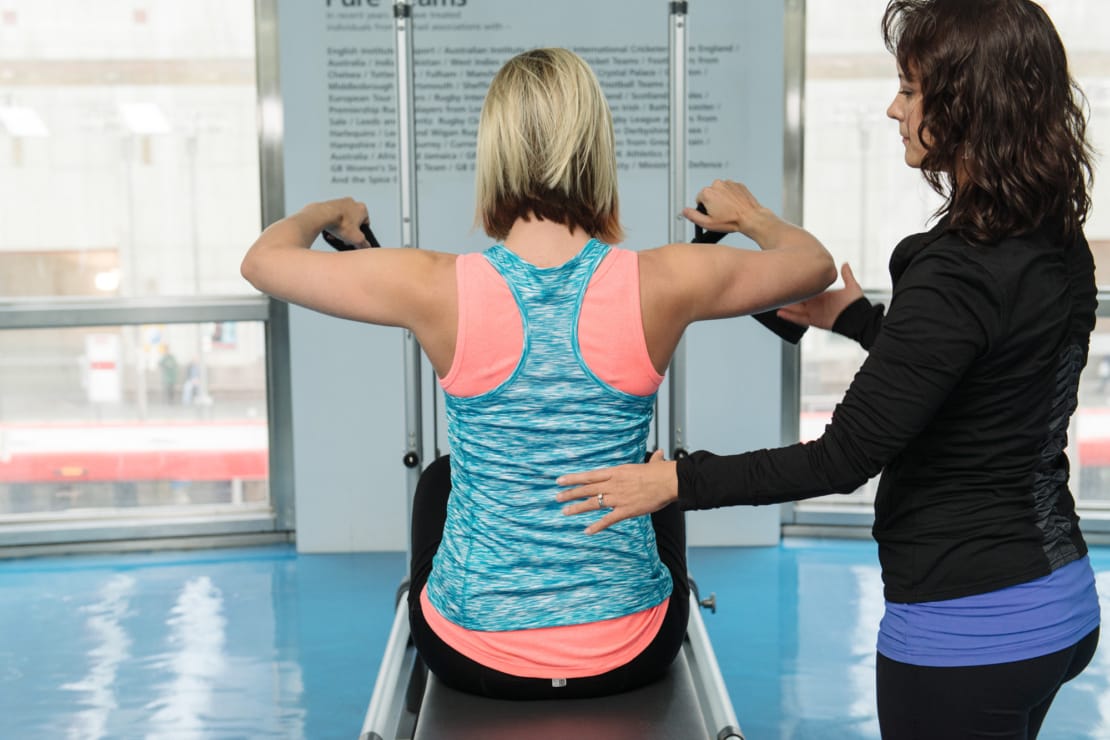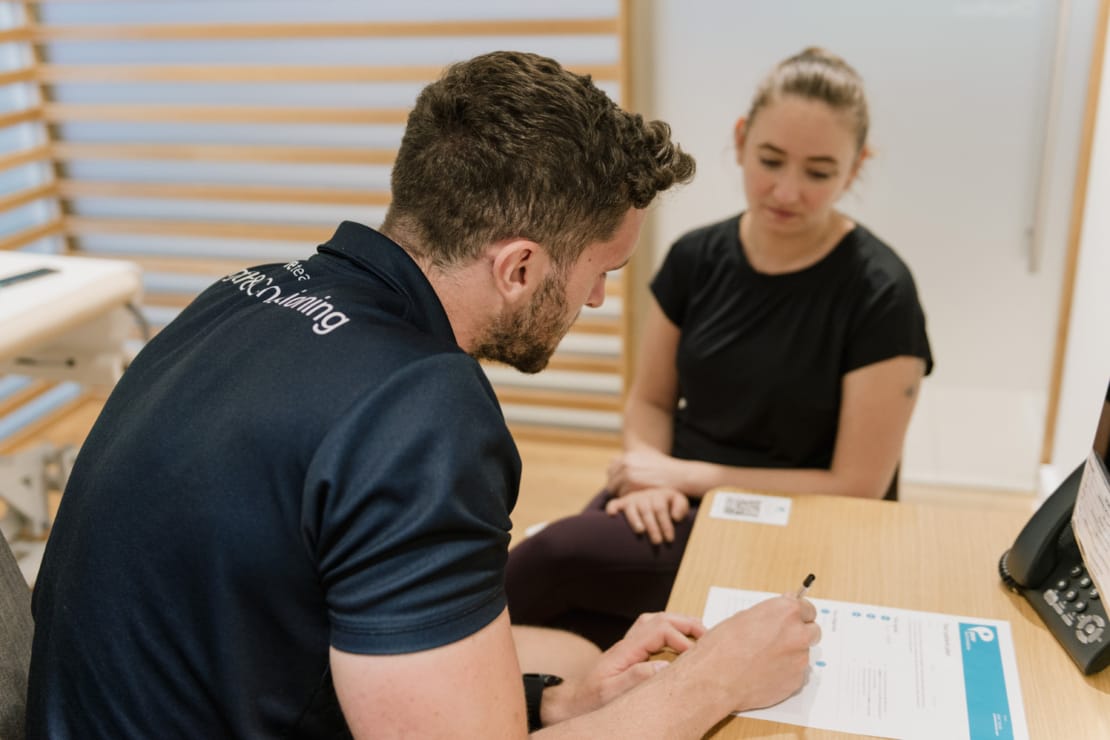Exercise for Health

Dr Michael Burdon
Consultant in Sport, Exercise & Musculoskeletal Medicine
- 21 September, 2018
- Exercise
- 2 min read
Whatever your level of sport or activity it is vital to exercise and be active in general. Physical inactivity is the 4th biggest cause of global mortality and there is strong evidence that it causes more deaths than obesity, diabetes and smoking combined!

At Pure Sports Medicine we therefore not only diagnose and manage injuries but also strongly promote physical activity in all age groups, across all abilities.
The evidence suggests that around 150 minutes of exercise a week should be our aim (that equates to 30 minutes on five days of the week). The exercise should be enough to get you feeling moderately out of breath and working hard. A variety of exercise can be done such walking, swimming, jogging and cycling.
For those who are not currently active it is fine to start slowly and gradually build up as your fitness improves. If you have any existing medical problems then of course check with your GP, but most of us can exercise and directly improve our health.
Simple measures all add up, such as taking the stairs instead of the lift, walking to work and the shops. Instead of getting the tube, why not get off a stop or two early, or cycle?

Aside from exercise there is also evidence that avoiding too much sitting down is also important to improve our health, so we should aim for a generally active lifestyle in addition to the exercise. Read these handy 5 exercises you can do from your work to stay more active: A workout at work: 5 office exercises
Exercise reduces our risk of heart disease, cancer, diabetes, stroke, depression, osteoporosis and much more — get active and reduce all of these risks.
If exercise was a pill, I suspect we would all be taking it to achieve these health gains!
All of our specialist Consultants in Sport, Exercise & Musculoskeletal Medicine and expert Exercise Physiologists can advise when needed to help you become more active.
Happy exercising!

Advice
Over the last 20+ years our experts have helped more than 100,000 patients, but we don’t stop there. We also like to share our knowledge and insight to help people lead healthier lives, and here you will find our extensive library of advice on a variety of topics to help you do the same.
OUR ADVICE HUBS See all Advice Hubs

